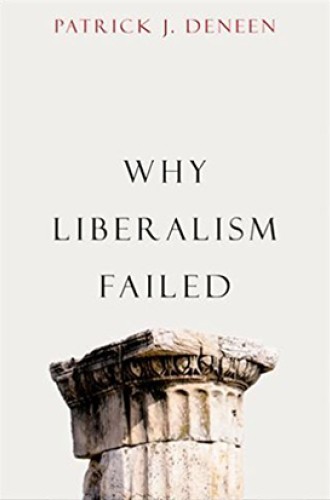Democrats and Republicans both follow liberalism's playbook
Both parties advocate freeing individuals to pursue self-interested goals, argues Patrick Deneen. This has fractured society.
When congressional Republicans and the Trump administration enacted their tax bill, they were following in the steps of previous Republican administrations, particularly those of George W. Bush and Ronald Reagan, in which tax cuts accompanied reductions in social programs. When Democrats are in power, pretty much the opposite occurs: taxes go up, as does federal spending on the social safety net and related programs.
Despite the apparent dissimilarity between the political parties, Notre Dame political scientist Patrick Deneen argues that today’s liberals and conservatives aren’t really so different. Both are guided by an ideological liberalism “premised upon the fiction of radically autonomous individuals.” These individuals consent to a social contract and government whose sole purpose is to secure individual rights. In other words, there is no such thing, inherently, as society or social bonds. There are only individuals.
In this liberalism, liberty means license to do as you please. “The resulting liberal polity,” Deneen writes,






